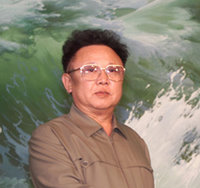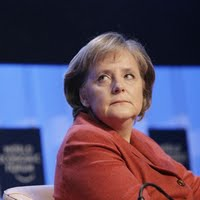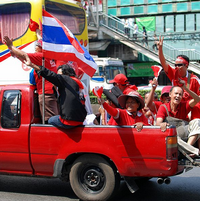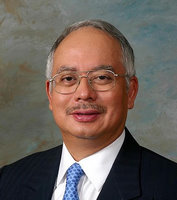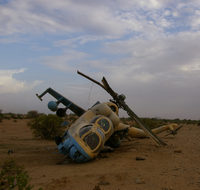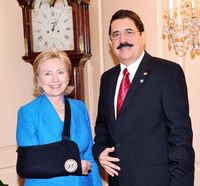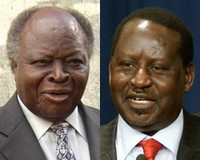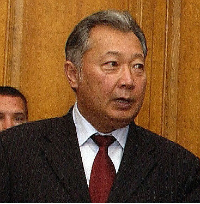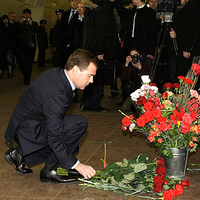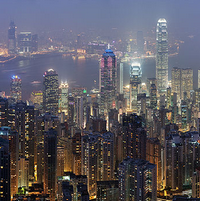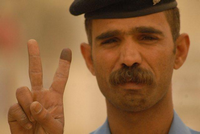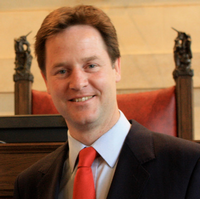
Nick Clegg’s boyish good looks and silver tongue have been compared to former Labor Prime Minister Tony Blair. But the more appropriate comparison is with U.S. President Barack Obama. For the unexpected surge in popularity of the neophyte leader of Britain’s Liberal Democrats is proving to be transformative. British politics, it seems, will never be the same again. Until the first televised leaders’ debate in the current electoral season, Clegg’s party was unable to break through the 20 percent barrier in the polls. Within hours of that first debate, the Lib Dems had catapulted to more than 30 percent. And […]

